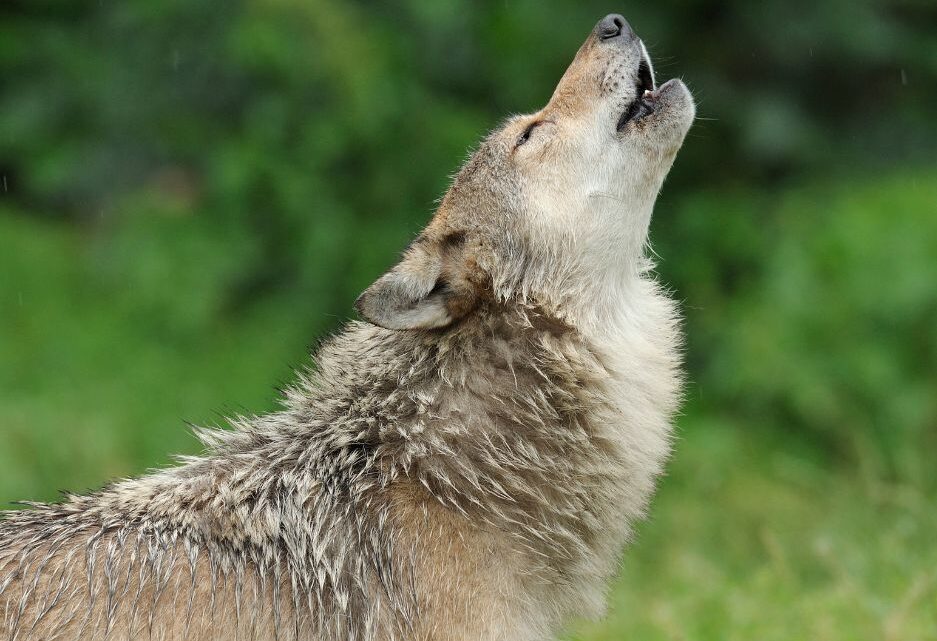The Action Roundup contains what you most need to know about actions to take to support wildlife management reform, as well as upcoming events and the Fish & Wildlife Commission’s latest actions.
Urgent Notices and Actions
Actions
-
- Please use our action page to oppose SJR 8208, currently in the Rules Committee. Read more about this bill in “Legislative Updates.”
- Tell Washington’s Department of Ecology to protect salmon and orcas from toxic pollution. Wastewater treatment plants are a primary source of toxic pollutants such as PDBEs and PFAS. The Everett Wastewater Treatment Plant is one source of these pollutants. The plant’s permit is currently up for renewal. Toxic-Free Future requests commenting on this permit to stop the discharge of harmful pollutants.
More Action Items
- The National Oceanic and Atmospheric Administration (NOAA) is soliciting commercial and scientific input on the potential listing of Washington coast spring Chinook under the Endangered Species Act. Submit all electronic public comments via the Federal e-Rulemaking Portal. Enter NOAA–NMFS–2023–0148 in the Search box, click on the “Comment” icon, complete the required fields, and enter or attach your comments. You can also mail comments to: Protected Resources Division, West Coast Region, NMFS, 1201 NE Lloyd Blvd., Suite #1100, Portland, OR 97232. Attn: Shivonne Nesbit. The deadline to comment is February 5, 2024. More information on the petition to list Washington coast spring Chinook here.
- Please support WDFW’s recommendation in its draft Periodic Status Review of the killer whale to maintain the species’ endangered status on the state endangered species list. WDFW is accepting comments until February 19, 2024. You can comment via email or write to: Washington Department of Fish and Wildlife ATTN: Taylor cotton, P.O. Box 43141, Olympia, WA 98504.
- WDFW is asking the public for input on the following species to inform its periodic status reviews: wolverine, Mount Rainier white-tailed ptarmigan, burrowing owl, yellow-billed cuckoo, tufted puffin, Columbian sharp-tailed grouse, Columbia Basin pygmy rabbit, fisher, sea otter, grizzly bear, Oregon silver-spot butterfly, island marble butterfly, Mazama pocket gopher; green, loggerhead, and leatherback sea turtles; and blue, fin, right, sei, and sperm whale. Submit comments by emailing TandEpubliccom@dfw.wa.gov or by sending mail addressed to Washington Department of Fish and Wildlife ATTN: T. Cotten, P.O. Box 43141, Olympia, WA 98504. (WDFW has not provided deadlines for input.)
Legislative Updates
Here is an update on the bills Washington Wildlife First is following during the state legislative session that began on January 8, 2024.
Bills We Support
SB 5846, which would require WDFW to develop a statewide beaver plan, received a hearing before the Senate Agriculture, Water, Natural Resources, and Parks Committee on January 15, 2024, during which a panel composed of representatives from the Methow Beaver Project, South Sound Beaver Recovery, Conservation Northwest, and the Tulalip Tribes testified in favor of the bill. WDFW Director of Conservation Policy Margen Carlson, Fish & Wildlife Commissioner Lorna Smith, and members of the public also spoke in support of the bill, while a few hunters and a Washington Farm Bureau representative weighed in against the bill or asked for changes. SB 5846 is not yet scheduled for an executive session, during which the members would vote whether to move it out of the Agriculture Committee this session.
SB 5931, which would require the Washington Department of Ecology to identify significant sources of 6PPD in consumer products every five years, is scheduled for executive session at 8 a.m. on January 19. 6PPD is the compound in tires that has gotten into nearshore areas from tire wear in Seattle and elsewhere and caused a high mortality rate in salmon.
Some humane nonprofits are hoping to revive HB 1153, which bans octopus farming and was reintroduced this year; click here to see how you can get involved.
Bills We Oppose
SB 5939, which would allow livestock producers to kill the first wolf returning to an alleged predation site, will have a hearing in the Senate Agriculture Committee at 1:30 p.m. on Thursday, January 18. On January 16, Sen. T’wina Nobles (D-28th), removed her sponsorship from this proposal. As noted in the “More Action Items” section, we are urging people to register their opposition and send in comments before noon on that day.
According to an email from Rep. Mike Chapman (D-24th) to a constituent, HB 1698 “will not move out of committee this session and the bill is effectively dead.” HB 1698 was introduced during the last session and would have removed protections from wolves in the northeastern corner of the state. It stalled in the appropriations committee after the fiscal note indicated it would cost about $1.6 million a year to implement.
